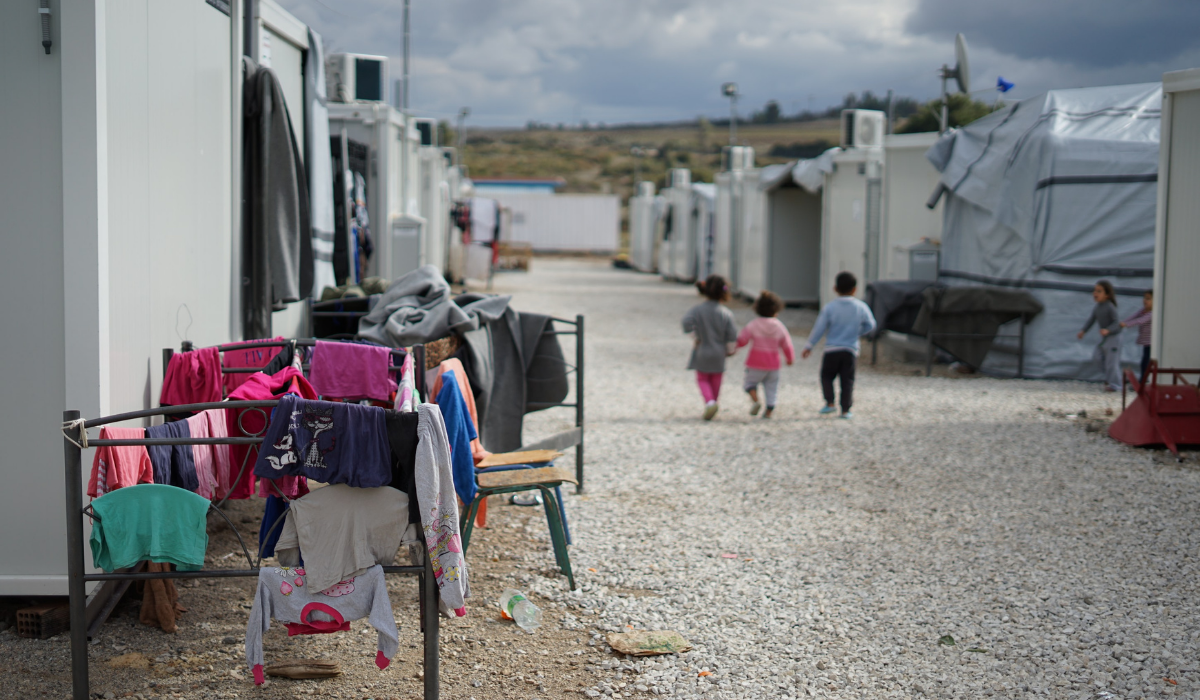MHE joins open letter calling for protection of Afghan refugees’ mental health

Mental Health Europe joined an open letter by the Consortium on Refugees’ and Migrants’ Mental Health (CoReMH) calling on the European Union to take action for the protection of Afghan refugees’ mental health.
The political and humanitarian crisis that is unfolding in front of the eyes of the international community painfully demonstrates the dangers, persecutions and human right violations Afghan nationals seeking refuge in our countries are fleeing from.
At the same time, and partially as a result of the flaws and injustices in the EU asylum system, an unknown number of Afghans, including vulnerable groups like unaccompanied minors, families with children and survivors of traumatic events, are trapped in transit countries in uncertain, dangerous conditions which degrade their human dignity and presents a risk for their lives and health, including mental health. The transit countries and communities do not offer, and often do not have the capacity for adequate help and support as well as durable solutions for protection. All this further increases the suffering and negatively impacts the physical and mental health of Afghan nationals on the move. The current situation in their country of origin only adds to all these adversities due to fear of being forcibly returned and/or fear and concern for the lives and safety of the loved ones that are left behind. The impact of the suffered or witnessed traumatic events, if not addressed, can be devastating and long-term.
Drawing from our expertise and experience in providing mental health and psychosocial support services to refugees and migrants, we appeal to authorities to most urgently ensure access to dignified and safe accommodation to all in need. We urge authorities to ensure access and provide support to mental health and psychosocial support providers, as well as to other support services, in order to address the social and health, including mental health, needs of the population of concern.
Stay connected
Get our latest news, personal stories, research articles, and job opportunities.

